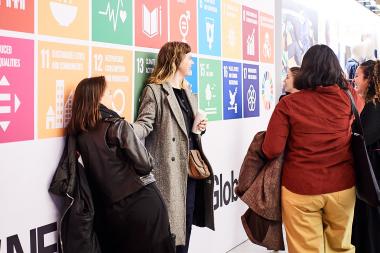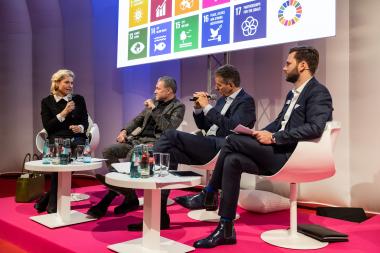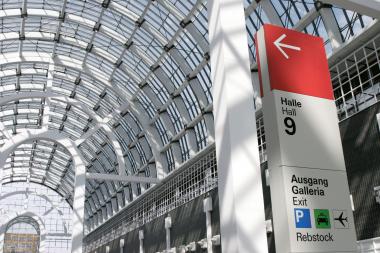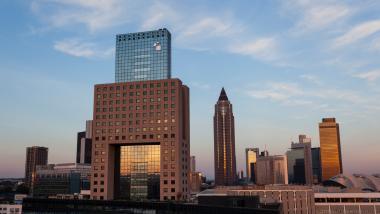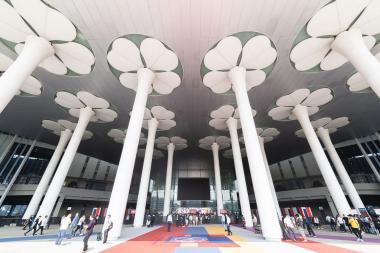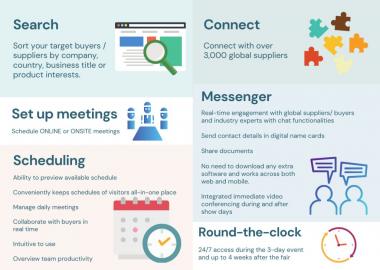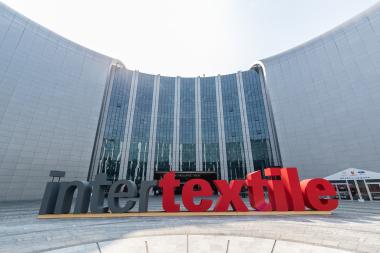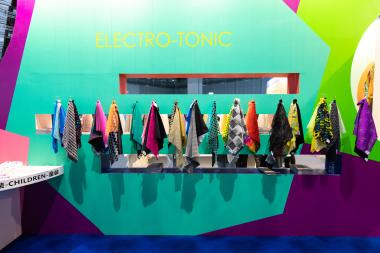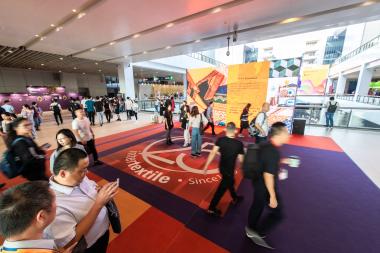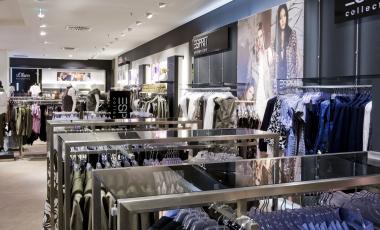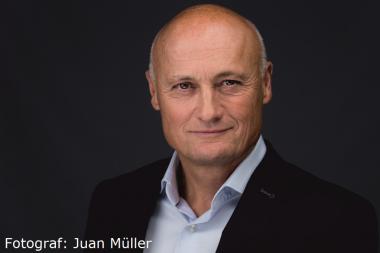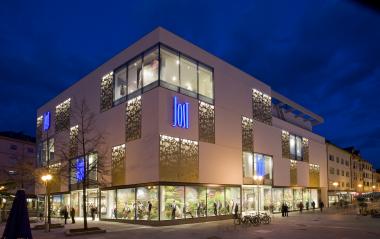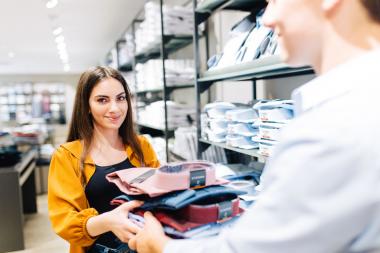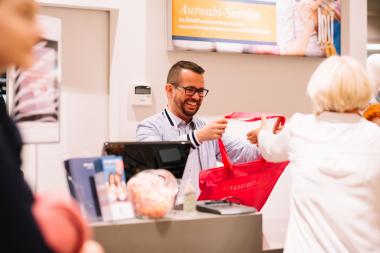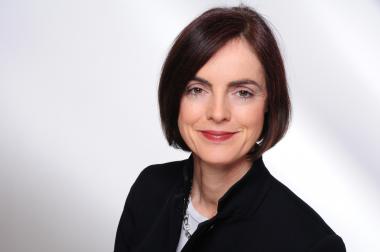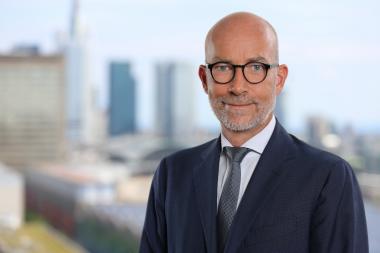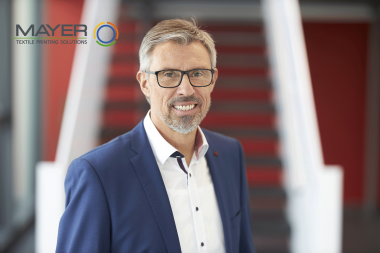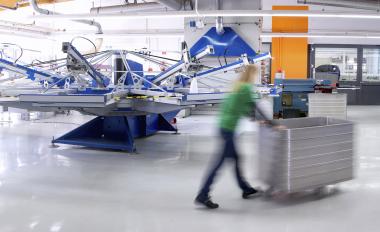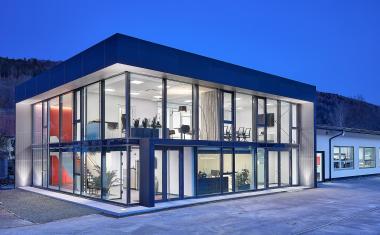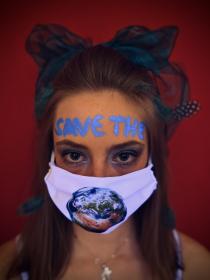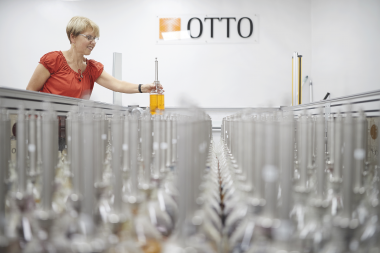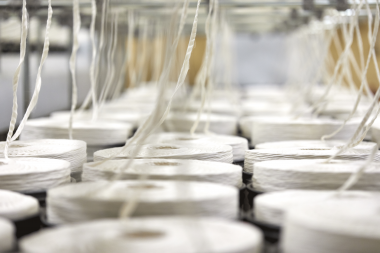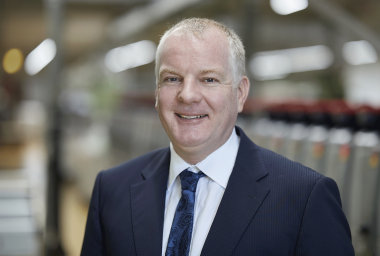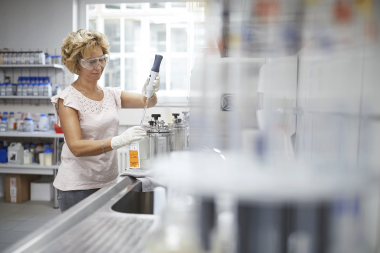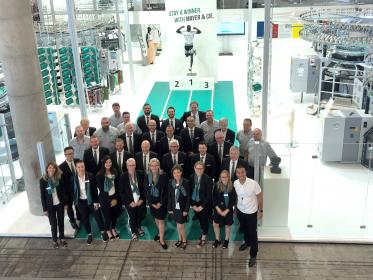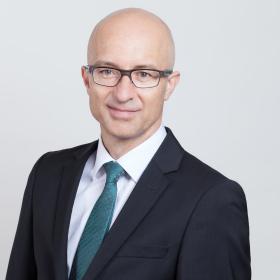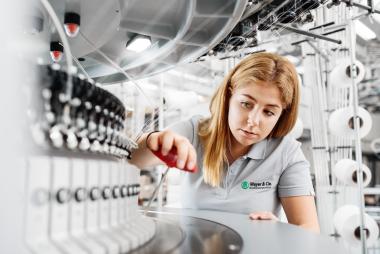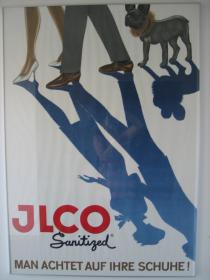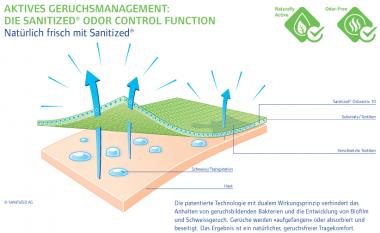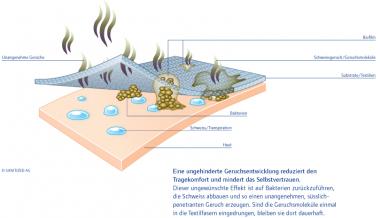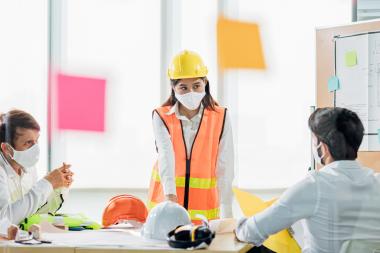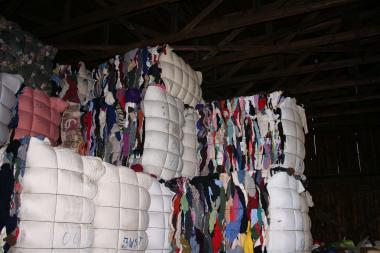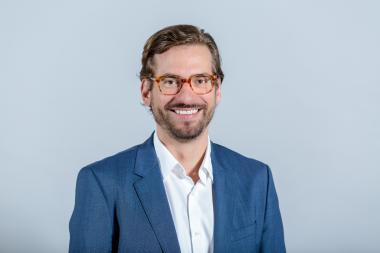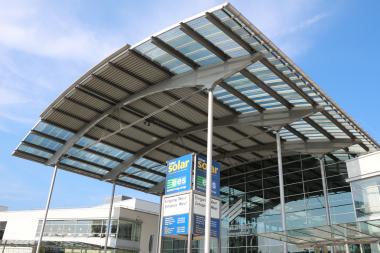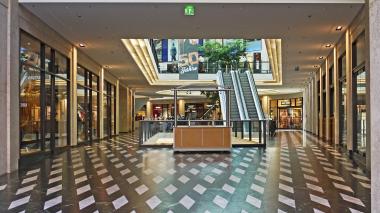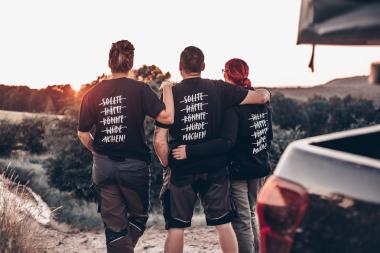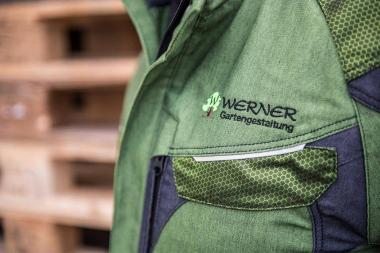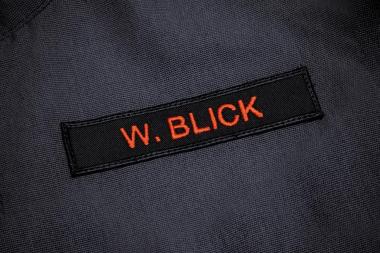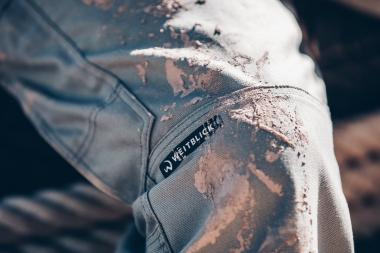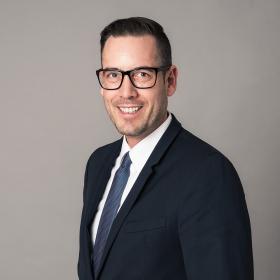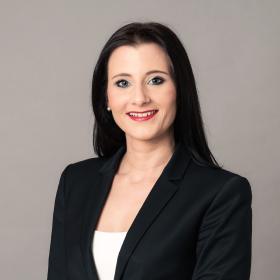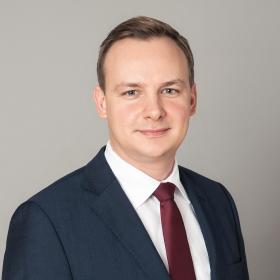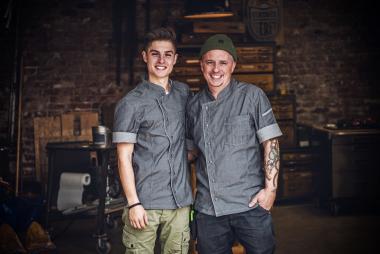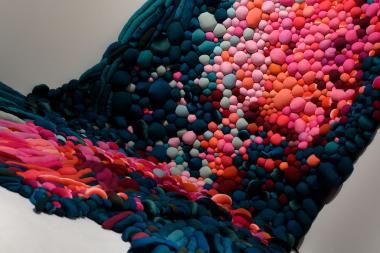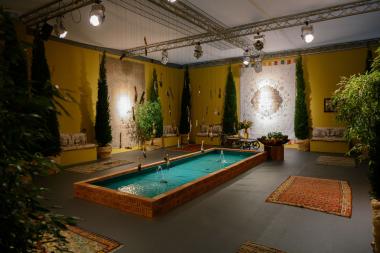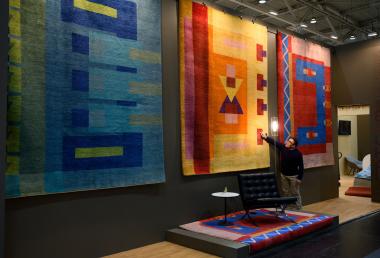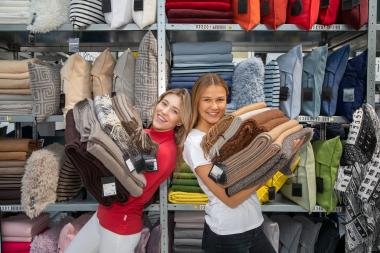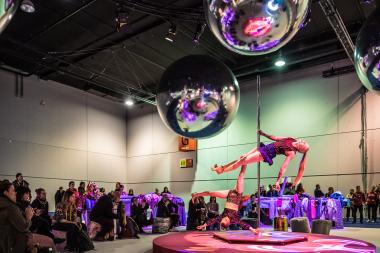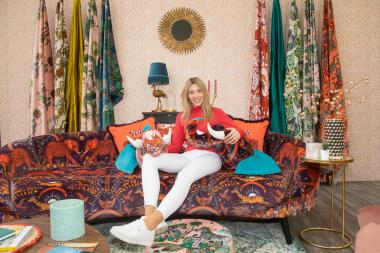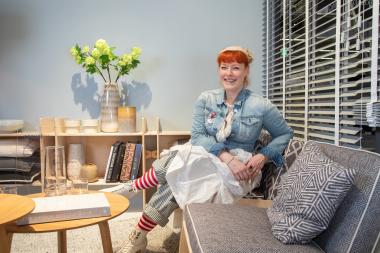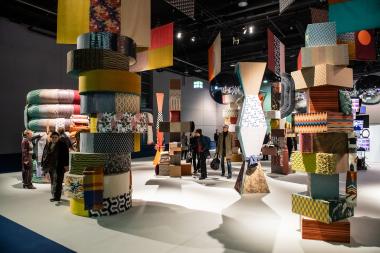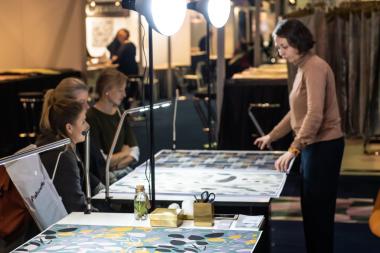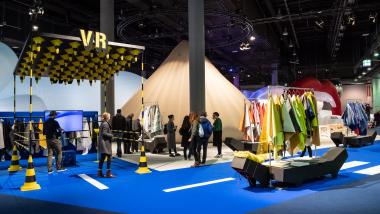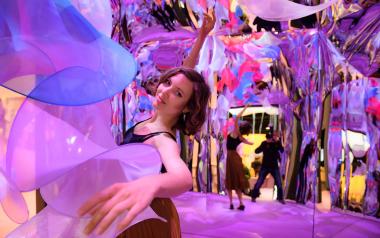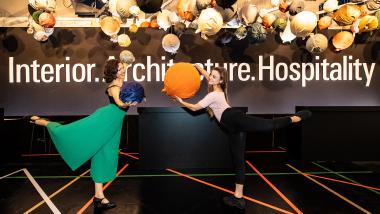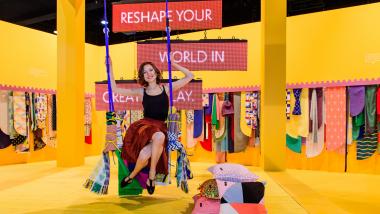Decade of Action: Texpertise Network launches further measures to implement the Sustainable Development Goals
Since 2019, the Messe Frankfurt Texpertise Network has been working with the Conscious Fashion Campaign and the United Nations Office for Partnerships to bring the Sustainable Development Goals to all 58 textile events in the network worldwide. Numerous measures have already been implemented. Others are imminent.
Shortly before the start of the COVID-19 crisis, the UN Secretary-General Antonio Gutérrez hailed the start of the Decade of Action. As of 2020, the international community now has just ten years to achieve the 17 Sustainable Development Goals (SDGs) to which the UN Member States committed themselves in the 2030 Agenda. As part of the collaboration with the Conscious Fashion Campaign and the United Nations Office for Partnerships, the Messe Frankfurt Texpertise Network will put the SDGs on the agenda of additional events in December, thus further supporting their implementation in the fashion and textile industry.
Virtual event “Discover the SDGs – To Power the Decade of Action”
From 1-30 December 2020, the Texpertise Network is taking part in the virtual learning experience “Discover the SDGs”, which was initiated by the Conscious Fashion Campaign in collaboration with the United Nations Office for Partnerships. The aim of the event is to strengthen the knowledge and commitment within the fashion industry that is needed to further support the Decade of Action to deliver the Sustainable Development Goals. One component of the event is a virtual and interactive exhibition on the 17 goals, as well as on-demand discussions with industry leaders, United Nations representatives and advocates of the United Nations, including Detlef Braun, Member of the Executive Board, and Thimo Schwenzfeier, Director Marketing Communications Textiles and Textile Technologies at Messe Frankfurt, as well as from Kering, Lenzing, Allbirds, Arch and Hook, Artistic Milliners, Orta, ITL, Vogue Business, CFDA, Collina Strada and the Swarovski Foundation.
“This is a critical time to accelerate partnerships to address the world's biggest challenges – from eliminating poverty, hunger and inequalities to reversing climate change and unsustainable consumption and production practices,” said Annemarie Hou, acting Executive Director of the United Nations Office for Partnerships. “The fashion industry is an important ally for the United Nations in this Decade of Action to deliver the SDGs by 2030.”
Conscious Fashion Campaign becomes a presenting partner of Frankfurt Fashion Week
Joining forces to improve the fashion industry: Frankfurt Fashion Week is positioning itself as the host of the future of fashion and actively driving forward the transformation towards a future-oriented, more sustainable fashion and textile industry. All decision-makers looking to instigate this change will be coming together in Frankfurt am Main from 5-9 July 2021. The initiators of Frankfurt Fashion Week – Messe Frankfurt and the Premium Group – have achieved a real coup: Conscious Fashion Campaign, working in collaboration with the United Nations Office for Partnerships, will be the presenting partner. Messe Frankfurt will build on its collaboration with the United Nations Office for Partnerships. The Sustainable Development Goals (SDGs) will be a prerequisite for exhibitors by 2023. And the Frankfurt Fashion SDG Summit by CFC is set to become the leading international conference for sustainability in the fashion world.
Expansion of internal sustainability communication
17 goals, 58 textile events worldwide, around 600,000 visitors and 23,000 exhibitors in 2019: with its global events, the Messe Frankfurt Texpertise Network offers unique reach for supporting the SDGs, even during the corona pandemic. The participating subsidiary companies, sales partners and Messe Frankfurt partners abroad who organise the relevant events play an important role in this. To actively expand knowledge about and further commitment to the Sustainable Development Goals, the Texpertise Network is organising several online seminars, including for staff members in Argentina, Ethiopia, China, Hong Kong, India, Japan, Russia, South Africa and the USA and thus expanding its internal sustainability communication.
SDG actions up to now
Ever since the expanded collaboration between the Messe Frankfurt Texpertise Network, the Conscious Fashion Campaign and the United Nations Office for Partnerships was announced at the UN headquarters in New York in December 2019, the international Messe Frankfurt textile events have implemented numerous measures to support the SDGs.
At the Messe Frankfurt textile events in Germany alone, a number of things came to fruition: the most recent physical and digital editions of Heimtextil, the leading trade fair for home and contract textiles and Neonyt, global hub for fashion, sustainability and innovation, offered panel discussions, press conferences and video messages, including with the Conscious Fashion Campaign and United Nations Office for Partnerships. An SDG Lounge in the Green Village at Heimtextil and selfie walls with the SDGs inspired exhibitors, visitors and influencers alike to engage with the 17 goals and share them on their social network channels. Podcasts were produced that can still be listened to on the Neonyt and Heimtextil channels and Neonyt also hosted e.g. the influencer challenge “Let's wear the goals!”.
A great deal has also already been achieved internationally: in March 2019, Neonyt organised a showcase with selected Neonyt brands to mark the foundation of the “UN Alliance for Sustainable Fashion” in Nairobi. Techtextil India launched Techtextil NEXT at its 2019 edition, India’s first hackathon for technical textiles and sustainability. Among those who attended were Shrikar Dhole, founder and CEO of the SDG Foundation and Niharika Gautam, who campaigns for the achievement of the SDGs in the fashion industry and co-leads the fashion section of the All Ladies League Delhi. The Heimtextil Russia 2020 Digital Edition was able to attract a prominent figure to give a message of greeting, namely Vladimir Kuznetsov, head of the UN Information Centre (UNIC) in Moscow. The digital edition of Texworld USA (now Texworld New York City) and Apparel Sourcing USA in summer 2020 offered a talk by the Conscious Fashion Campaign and supported the production of a podcast with Claire Kells from the UN Global Compact.
With its SDG actions to date, Messe Frankfurt Texpertise Network is estimated to have reached around 146,000 visitors, 170,000 followers on social media channels and 65,000 subscribers to newsletters about participating events at home and abroad. Added to this is also the approx. 2.5 million followers of the influencers involved in the actions.
Frankfurt Messe Conscious Fashion Campaign United Nations Office for Partnerships Sustainability Textile and clothing industry
Messe Frankfurt Exhibition GmbH


